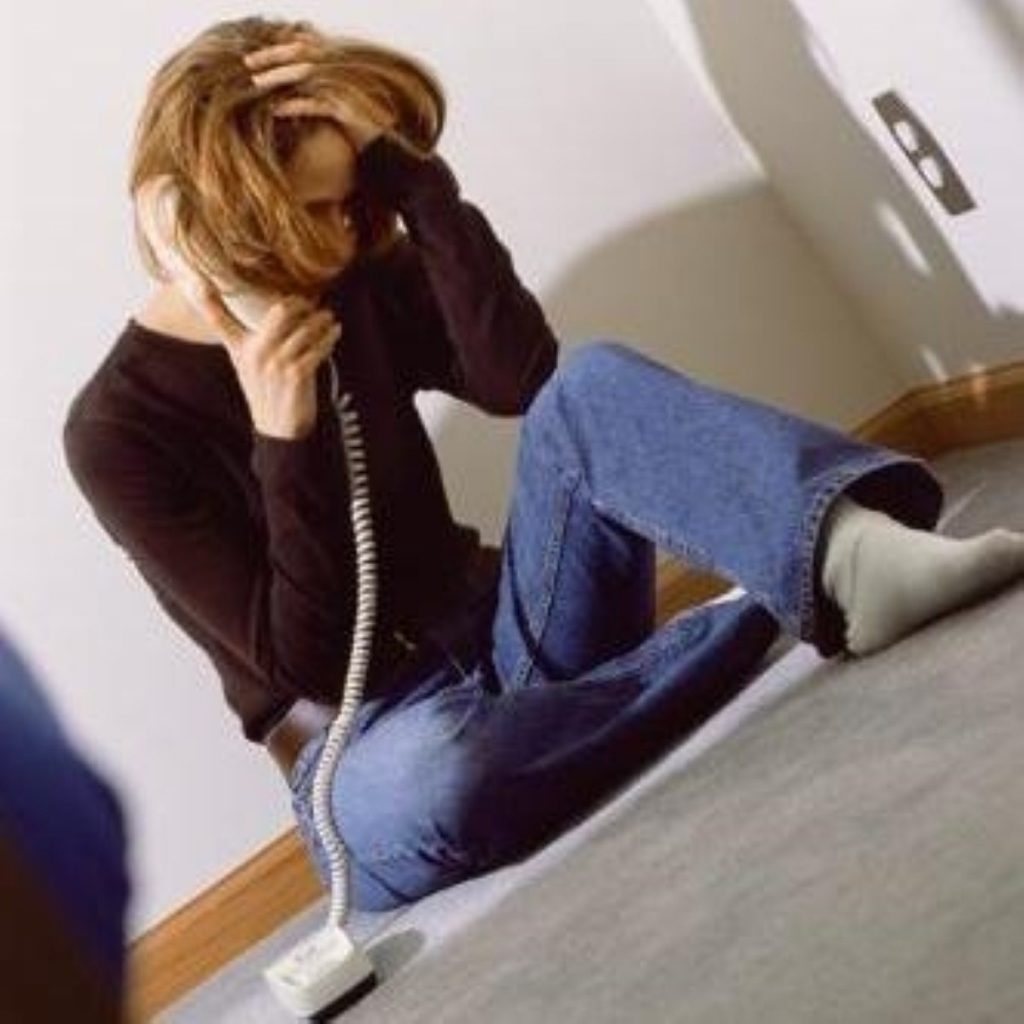The government are quietly forcing women’s refuges to close
By Sisters Uncut
Today's closure of the last remaining women's refuge in Cumbria makes me just as angry, and just as frightened, as if it were right on my doorstep. I live in London but if I needed to flee an abusive partner, the funding of refuges in my own area would make little difference to my ability to find a room.
That's because the risk of my current or ex partner finding me would be too high if I were to stay in the same place. Because I live in the capital, it's likely I would be offered a space in another borough, somewhere just far enough away that I would be unlikely to encounter him on the street. But, as anyone working in London's domestic violence sector knows, refuges in the city are often full. So, if there are no spaces or if the man was judged to be such a high risk to me that I needed to get further away, a search of the national refuge database could find me a room in somewhere like Kent, Manchester or Carlisle.
Local councils fund refuges, but it's unlikely that many, if any, of the women and children who spend time in them will have previously been residents in that area. This is particularly the case for councils that cover small geographical areas, like London boroughs. This funding arrangement works as long as each council assumes reciprocity – the local authority funds a local refuge which will mostly be used by women from other areas but its own residents will be able to seek safety in refuges funded by other councils.


The problem is that in the bleak landscape of austerity, where local councils have had their budgets halved since 2010 and are looking at losing another third of their funding over the next four years, a service which isn't even used by their own residents could start to look like an easy cut to make.
And that's how, with increasing pace, the mostly silent, but life-saving, national safety network of domestic violence refuges is falling down around us. Thirty-two specialist refuges closed their doors between 2010 and 2014, and an increasing number of local authorities now fund no refuges at all. Today, a women's refuge in Carlisle will shut its doors. The way local authority funding works is complicated. While the district council has a statutory duty to provide accommodation for anyone homeless due to domestic violence, they don't have a duty to fund a refuge. And that's why Sisters Uncut have been calling for nationally ring-fenced funding for specialist domestic violence services, including specialist refuges.
@SistersUncut @MyDoncaster We've not cut DV funding. pic.twitter.com/SnsENY55yW
— CumbriaCountyCouncil (@CumbriaCC) March 21, 2016
Cumbria county council says it's not cutting funding for domestic violence services at all. It seems that the refuge was being run as part of their supporting housing provision which is contracted out to a housing association. In an attempt to standardise the support offered across the county, there were changes to the way the provision was funded when the council renewed the tender for the contract. This resulted in the current provider in Carlisle declining to bid. It's complex funding decisions like these that are causing refuges to close without any fightback. Because the situation is so confusing, it's hard enough to get to the bottom of it, let alone campaign against it.
Another lesser known fact about refuge funding is that while they are commissioned and funded by local authorities, much of a refuge's day to day income comes from the rent paid by the women staying there – and that rent is paid by housing benefit. Refuges across the country, including large national providers such as Refuge, are despairing at how the government's benefit cap on social housing will affect them. The government has announced a one year extension before the cap comes into place, but this leaves refuge providers unable to plan for the future without knowing whether one of their main remaining sources of income will be dramatically reduced in 2017. George Osborne doesn't need to announce cuts to domestic violence services to be cutting their funding dramatically through other policies.
Not all victims of domestic violence will need a refuge space. In fact, most won't. But the safety and security of many women and children depend on the safety net of a national network of refuges being there for them if and when they need it. As the doors close for good on yet another refuge, so too do the chances of escape for the women and children that would have stayed there.
Sisters Uncut are a feminist activist group. You can follow them on Twitter here.
The opinions in politics.co.uk's Comment and Analysis section are those of the author and are no reflection of the views of the website or its owners.









